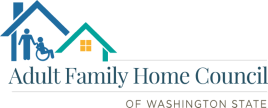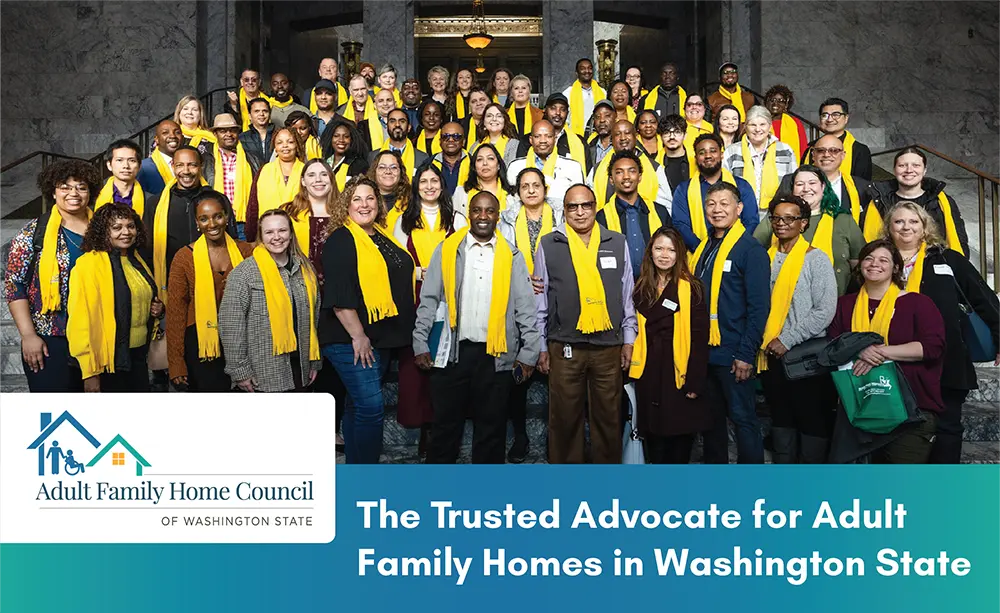
There's a WAC for That!
Recording-Keeping for Residents
HAPPY NEW YEAR! 🎉 With a New Year comes a fresh start. It’s the perfect time to clean up and archive records/documents. Let’s dive into some important guidelines to help you stay organized and compliant.
Tip: Start with the resident’s binders. Best practice is to keep two years of Assessment and NCPs, and the Preliminary Service Plan to show compliance. Make sure to include the Disclosure of Charges form (signed/dated).
Resident Record WACs
WAC 388-76-10315
Resident Record—Required
The adult family home must:
- Create, maintain, and keep records for residents in the home where the resident lives and ensure that the records:
- Contain enough information so the home can provide the needed care and services to each resident.
- Be in a format useful to the home.
- Be kept confidential so that only authorized persons see their contents.
- Are only released to the following persons:
- A health care institution.
- When requested by the law.
- To department representatives.
- To the resident.
- Be protected to prevent loss, alteration, or destruction and unauthorized use.
- Be kept for three years after the resident leaves the home or death of the resident; Federal Medicaid law says six years.
- Be available so that department staff may review them when requested.
- Provide access to the resident to review their record and obtain copies of their record at a reasonable cost.
- Ensure staff has access to the parts of residents’ records needed by staff to provide care and services.
- Allow representatives of the long-term care ombuds access to a resident record if approved by the resident.
WAC 388-76-10320
Resident Record—Content
The adult family home must ensure that each resident record contains, at a minimum, the following information:
- Identifying information about the resident.
- The name, address, and telephone number of the resident’s:
- Representative.
- Health care providers.
- Significant family members identified by the resident.
- Other individuals the resident wants involved or notified.
- Current medical history.
- The resident assessment information.
- The preliminary service plan.
- The negotiated care plan.
- List of resident medications.
- The resident’s Social Security number.
- When the resident was:
- Admitted to the home.
- Absent from the home.
- Discharged from the home.
- A current inventory of the resident’s personal belongings dated and signed by:
- The resident/representative.
- The adult family home.
- Financial records.
By following these guidelines, you can ensure that your records are up-to-date, compliant, and ready for any inspections. Here’s to a well-organized and successful year ahead! 🗂️✨
Not a Member Yet?
Membership fees enable the Council to cover legal expenses and fund staff to advocate with the state and regulatory agencies. The participation of every adult family home is vital to ensuring fair regulations and rates that accurately reflect the costs of caring for our vulnerable adults. Consider becoming a member of the Council to help us continue improving conditions for all adult family homes in Washington State.

